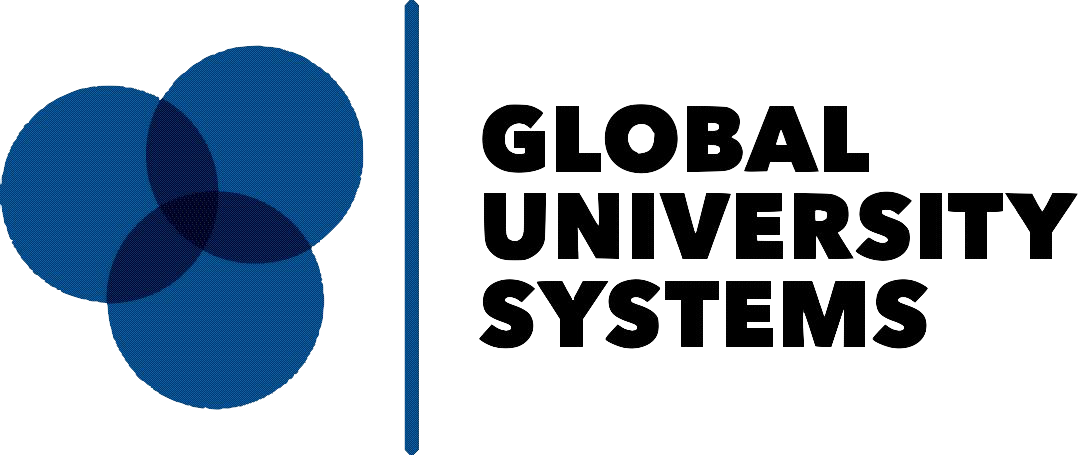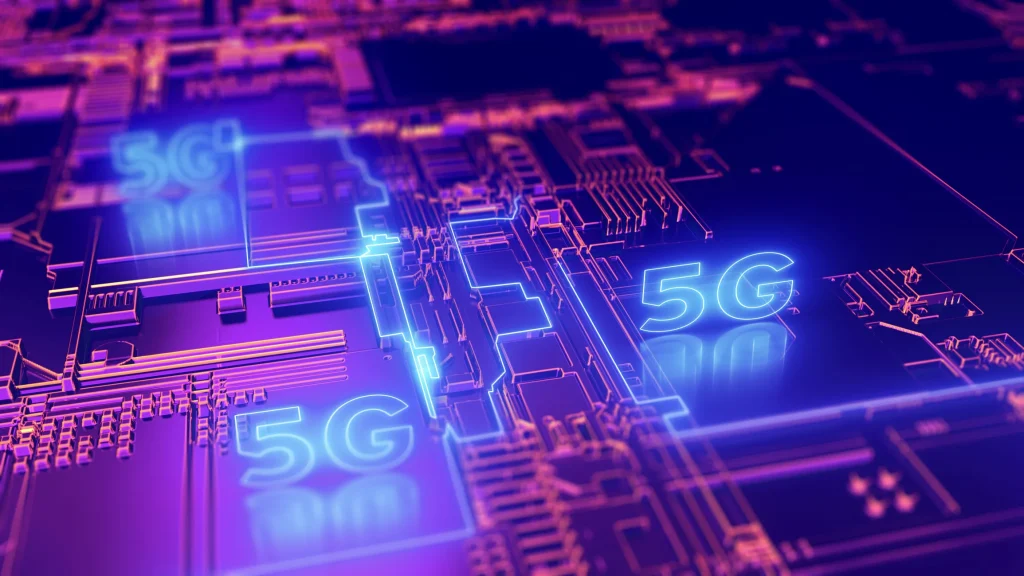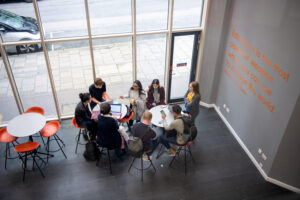5G Inclusion 2.0. How can digital assistance systems (such as virtual reality glasses) based on 5G networking support people with cognitive impairments in their working environment?” This question is being investigated by the University of Europe for Applied Sciences (UE) together with its project partners, the Gesellschaft für Bildung und Beruf e.V. (Dortmund) and the Iserlohner Werkstätten gGmbH, as part of the funded project “5G Inclusion 4.0”.
Intelligent solutions can make an even greater difference in the lives of people who encounter barriers in everyday life and at work due to illness or disability.
According to the European Union Agency for Fundamental Rights (FRA), around 80 million people live with a disability in the EU alone. For example, people who cannot see, hear or speak, have impaired walking ability or are even bedridden entirely. Can digitization open up new opportunities for them to participate in social and working life? With the funding project “5G Inclusion 4.0”, the project partners University of Europe for Applied Sciences, Society for Education and Profession eV (Dortmund) and the Iserlohner Werkstätten gGmbH want to show how digitization and 5G technology have a positive effect on the inclusion of people with disabilities can.





